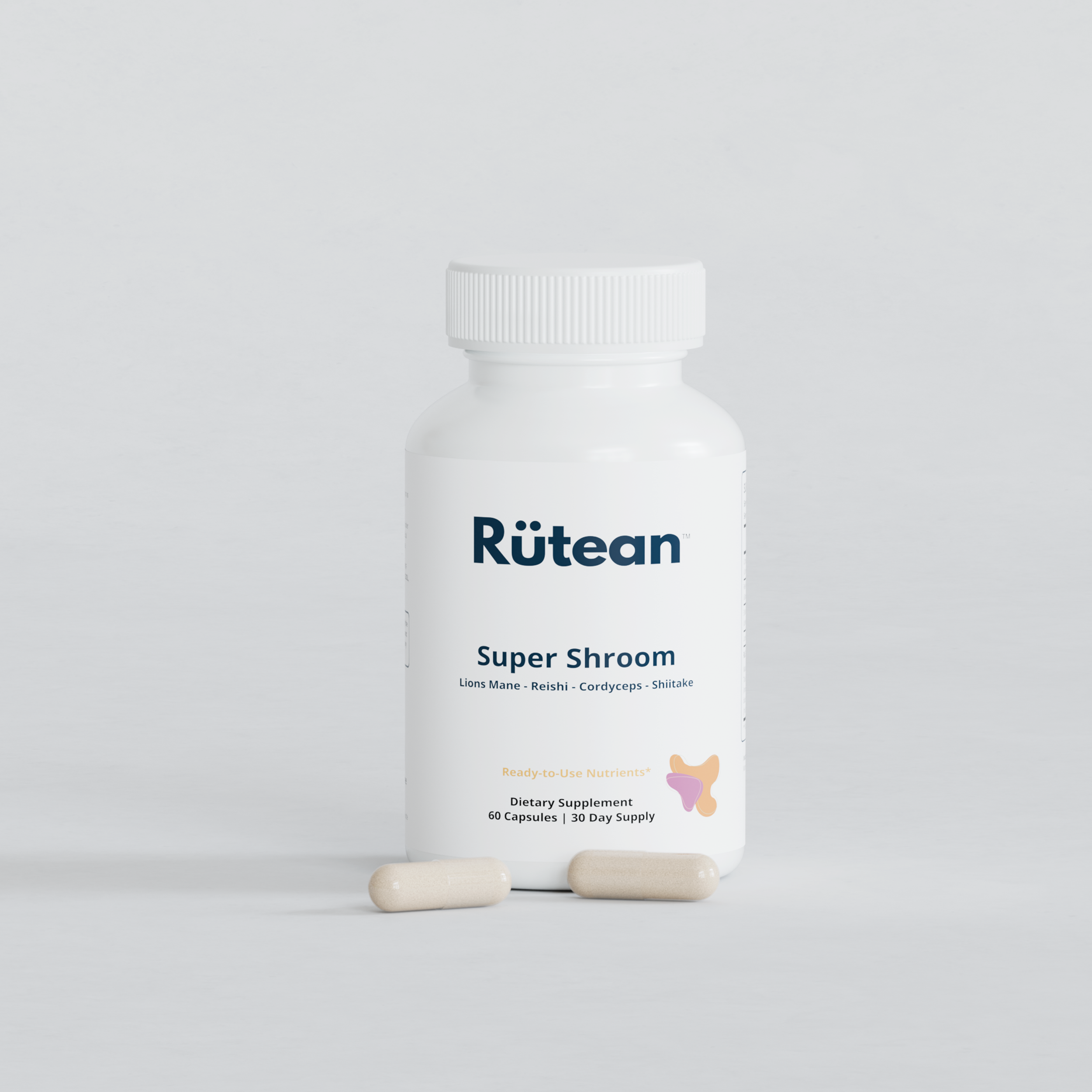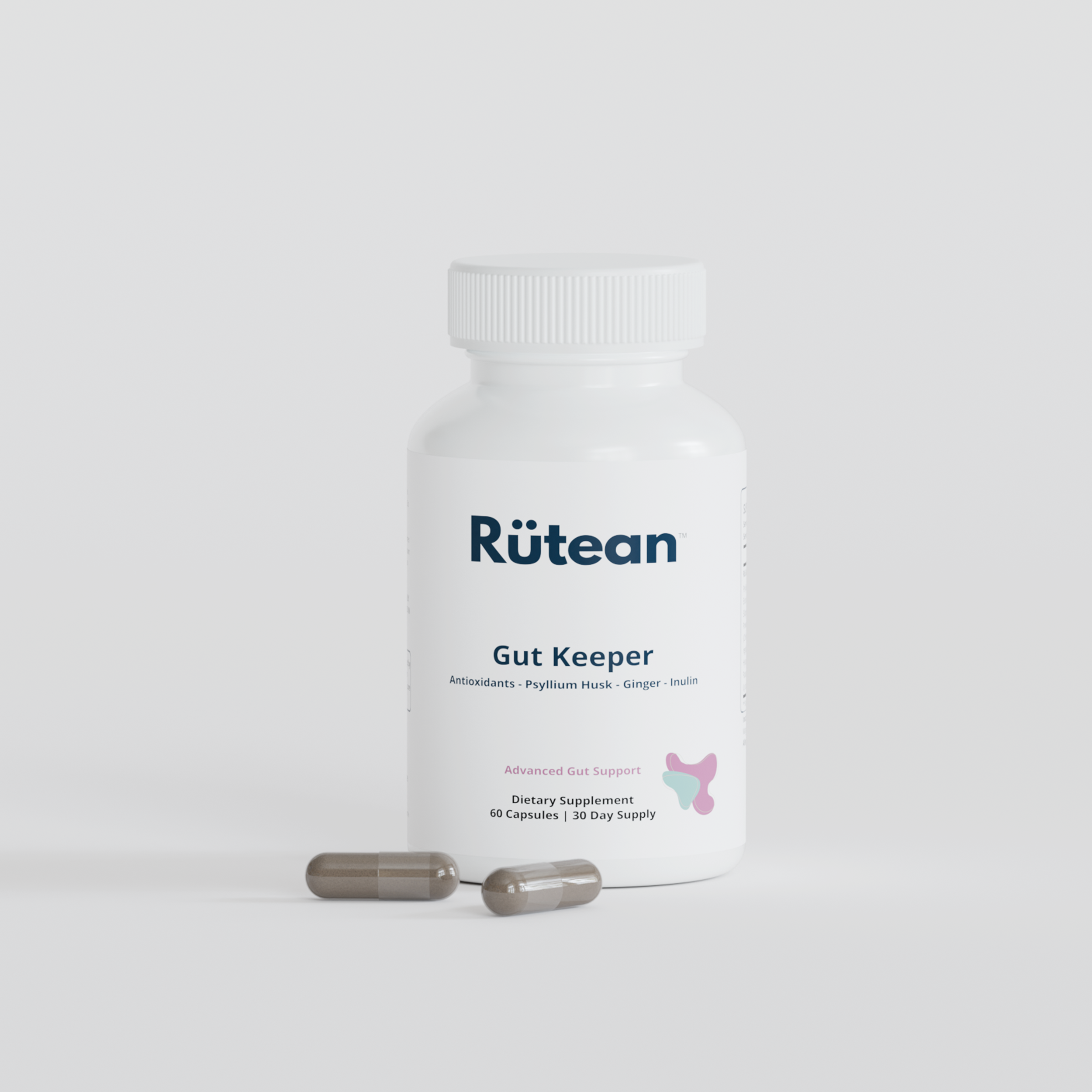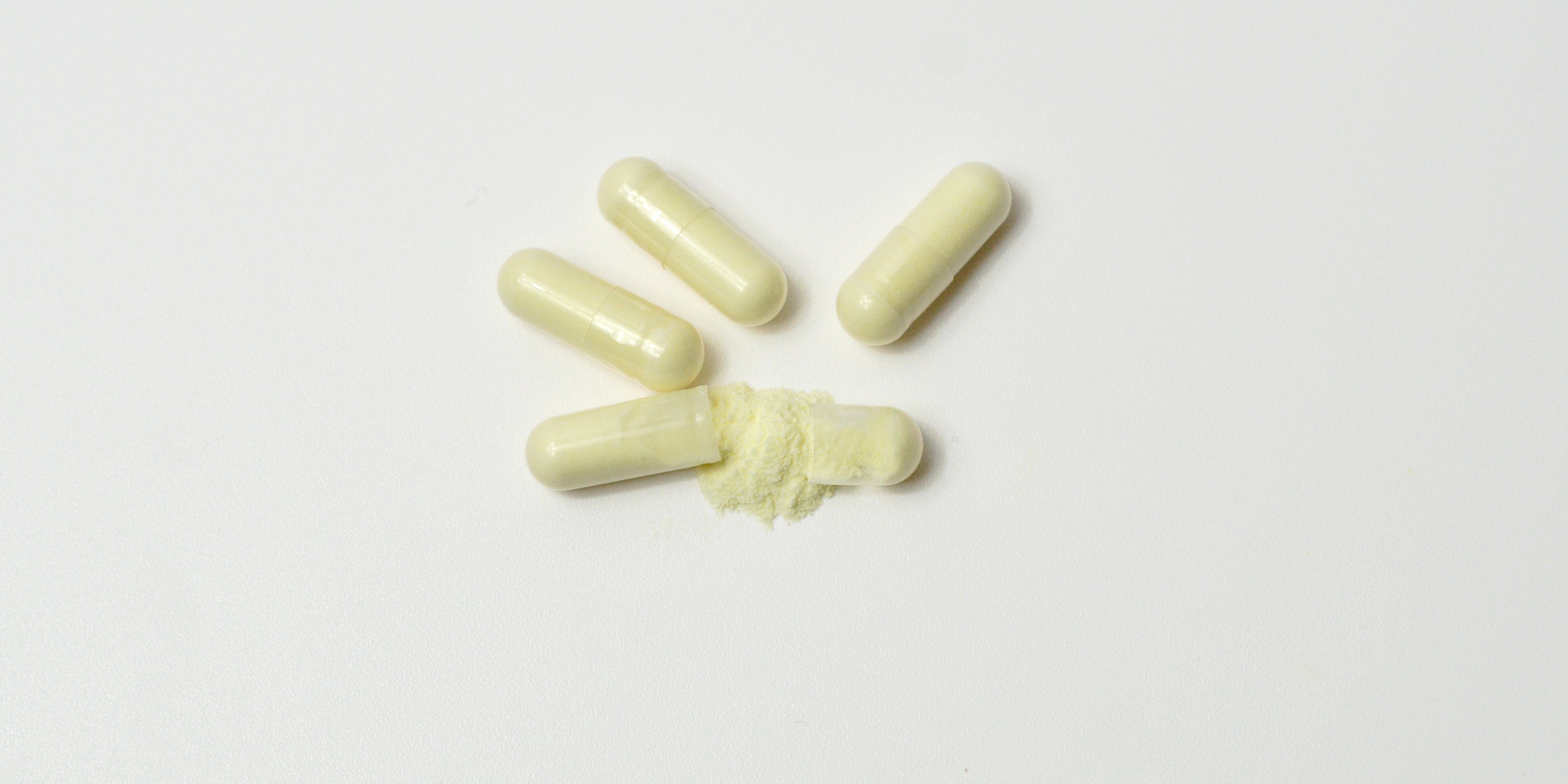Alpha Lipoic Acid (ALA), commonly known simply as lipoic acid, is a naturally occurring compound that's been the subject of rigorous scientific research and growing interest over the past few decades[1]. Not merely another name in the burgeoning list of antioxidants, ALA has some exceptional properties that set it apart. In this article, we'll unravel the deep-rooted science behind ALA, emphasizing its unique solubility characteristics and its potential influence on the nervous system and brain.
1. A Brief Introduction to Alpha Lipoic Acid
Before delving deep, let's understand what ALA is. Alpha Lipoic Acid is an organosulfur compound derived from octanoic acid. Present in every cell of our body, it plays a pivotal role in energy metabolism[2]. Often dubbed the "universal antioxidant," ALA is also available as a dietary supplement for various potential health benefits.
2. The Dual Solubility of ALA: Standing Out from the Crowd
One of the most distinctive properties of ALA is its dual solubility. Most antioxidants are either water-soluble, like Vitamin C, or fat-soluble, like Vitamin E. ALA, however, is both water and fat-soluble[2]*. This solubility gives it a unique advantage: it can function in both the fatty and watery regions of cells, ensuring a broad spectrum of antioxidant protection.
3. ALA and the Nervous System: Potential Neuroprotective Effects
The nervous system, including our brain, is particularly susceptible to oxidative stress and damage from free radicals[3]*. This vulnerability underscores the importance of antioxidants in maintaining neural health.
Research indicates that ALA may have several neuroprotective effects[4]*. Its ability to cross the blood-brain barrier makes it particularly effective as a brain antioxidant. Moreover, ALA has shown promise in attenuating symptoms associated with diabetic neuropathy[5]*.
4. Cognitive Function and ALA: A Beacon of Hope
In addition to its potential neuroprotective effects, there's mounting evidence suggesting that ALA might have a role in supporting cognitive health[6]*. Animal studies have demonstrated that ALA can attenuate age-related cognitive decline, potentially due to its antioxidant and anti-inflammatory properties.
Conclusion
The science of Alpha Lipoic Acid is as fascinating as it is vast[7]*. Its dual solubility not only sets it apart from other antioxidants but also paves the way for its extensive therapeutic potential, especially concerning the nervous system and cognitive function. As research advances, we can only expect to uncover more about this remarkable compound and its myriad benefits for human health.
References
1- Packer, L., Witt, E. H., & Tritschler, H. J. (1995). Alpha-lipoic acid as a biological antioxidant. Free Radical Biology & Medicine, 19(2), 227-250.
2- Gorąca, A., Huk-Kolega, H., Piechota, A., Kleniewska, P., Ciejka, E., & Skibska, B. (2011). Lipoic acid—biological activity and therapeutic potential. Pharmacological Reports, 63(4), 849-858.
3- Smith, A. R., & Shenvi, S. V. (2004). Lipoic acid as a potential therapy for chronic diseases associated with oxidative stress. Current Medicinal Chemistry, 11(9), 1135-1146.
4- Ziegler, D., Ametov, A., Barinov, A., Dyck, P. J., Gurieva, I., Low, P. A., ... & Samigullin, R. (2006). Oral treatment with alpha-lipoic acid improves symptomatic diabetic polyneuropathy: the SYDNEY 2 trial. Diabetes Care, 29(11), 2365-2370.
5- Hager, K., Kenklies, M., McAfoose, J., Engel, J., & Münch, G. (2007). Alpha-lipoic acid as a new treatment option for Alzheimer's disease—a 48 months follow-up analysis. Journal of Neural Transmission. Supplementum, (72), 189-193.
6- Siedlak, S. L., Casadesus, G., Webber, K. M., Pappolla, M. A., Atwood, C. S., Smith, M. A., & Perry, G. (2009). Chronic antioxidant therapy reduces oxidative stress in a mouse model of Alzheimer's disease. Free Radical Research, 43(2), 156-164.
7- Shay, K. P., Moreau, R. F., Smith, E. J., Smith, A. R., & Hagen, T. M. (2009). Alpha-lipoic acid as a dietary supplement: Molecular mechanisms and therapeutic potential. Biochimica et Biophysica Acta (BBA)-General Subjects, 1790(10), 1149-1160.



